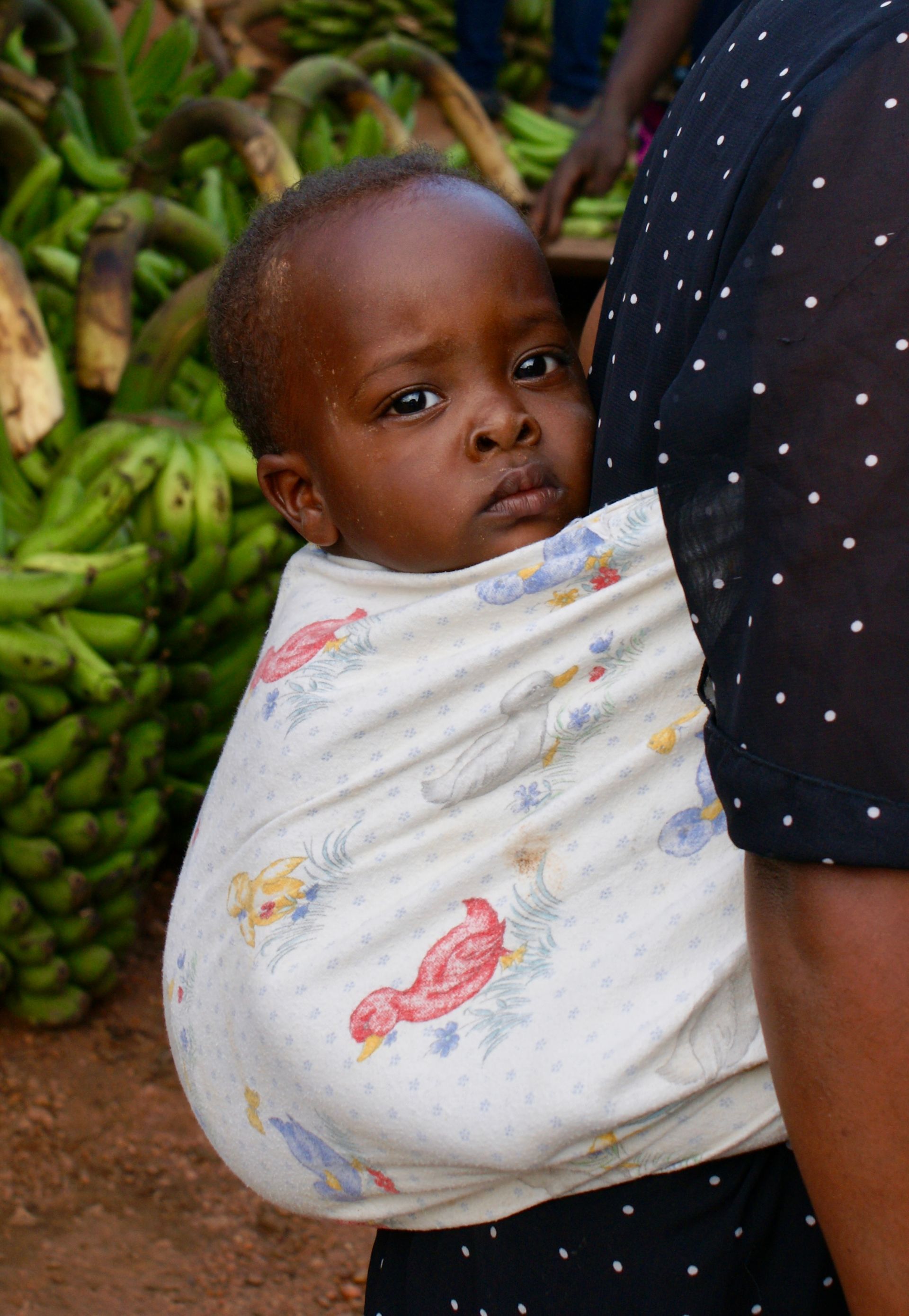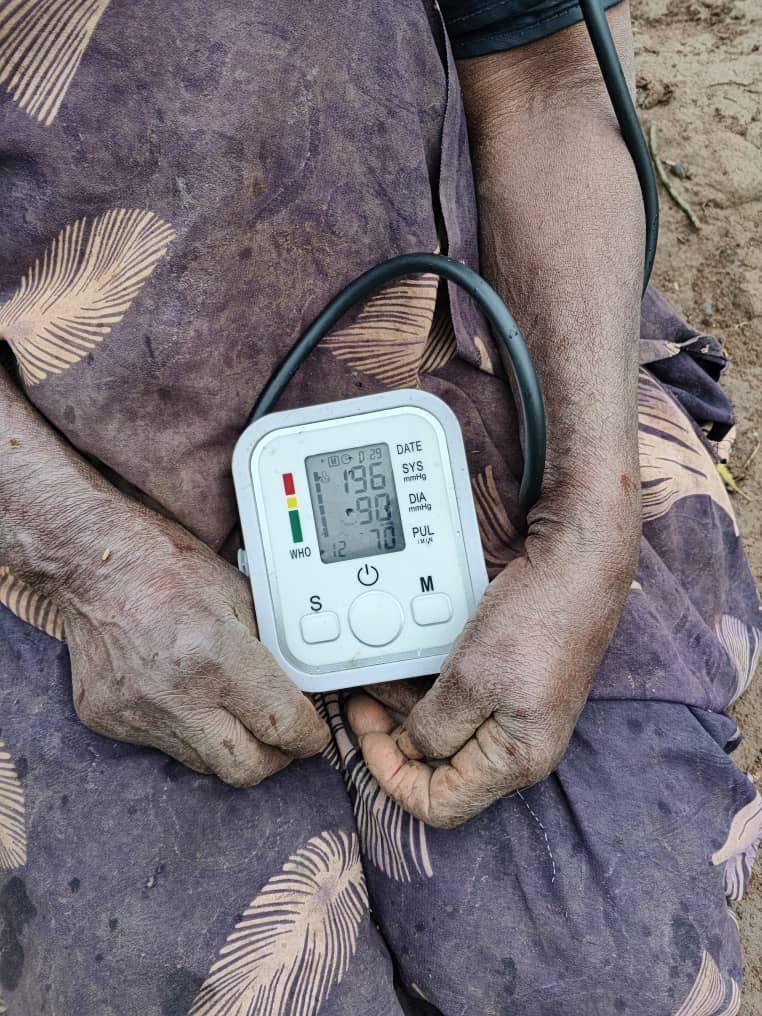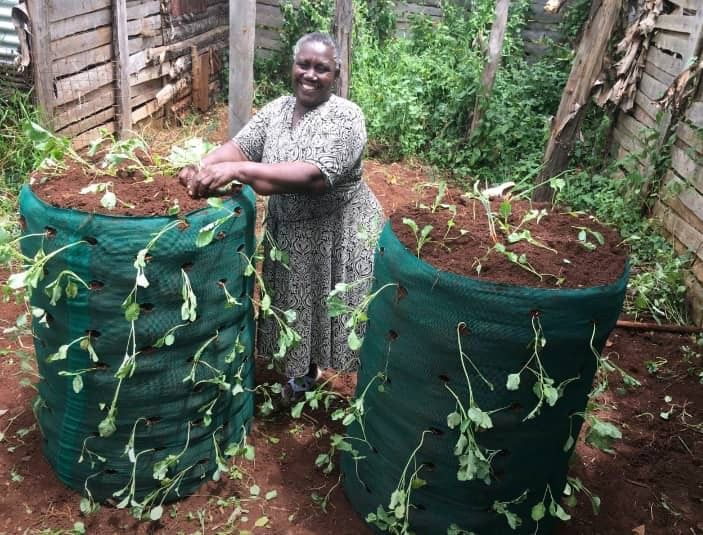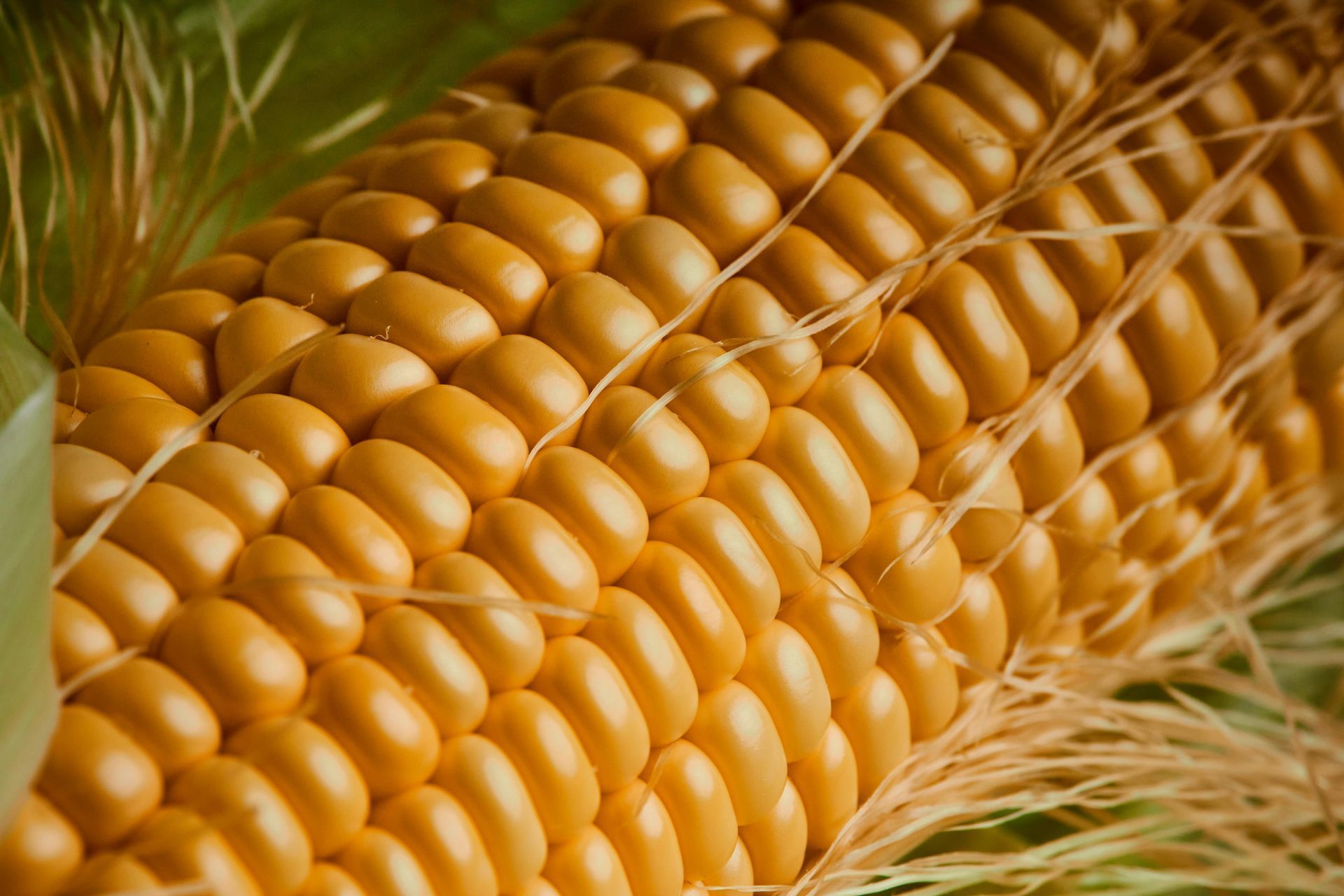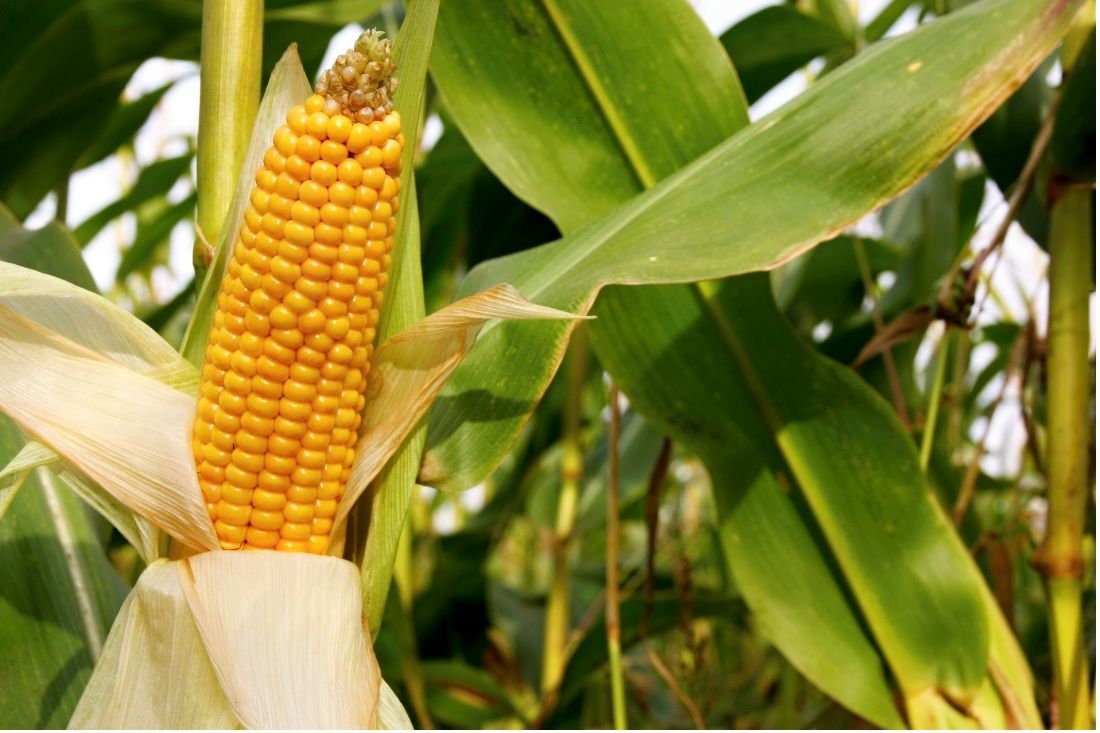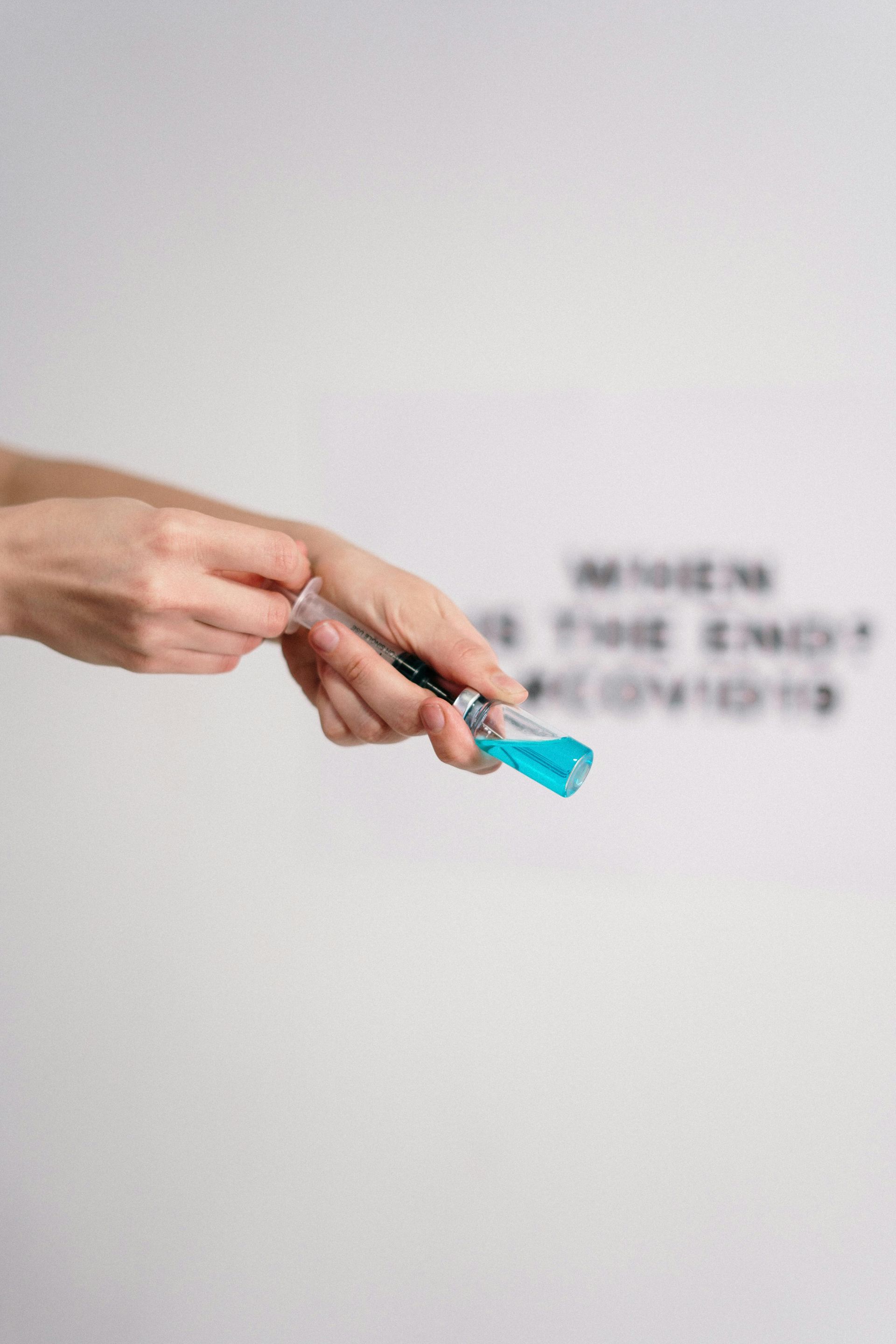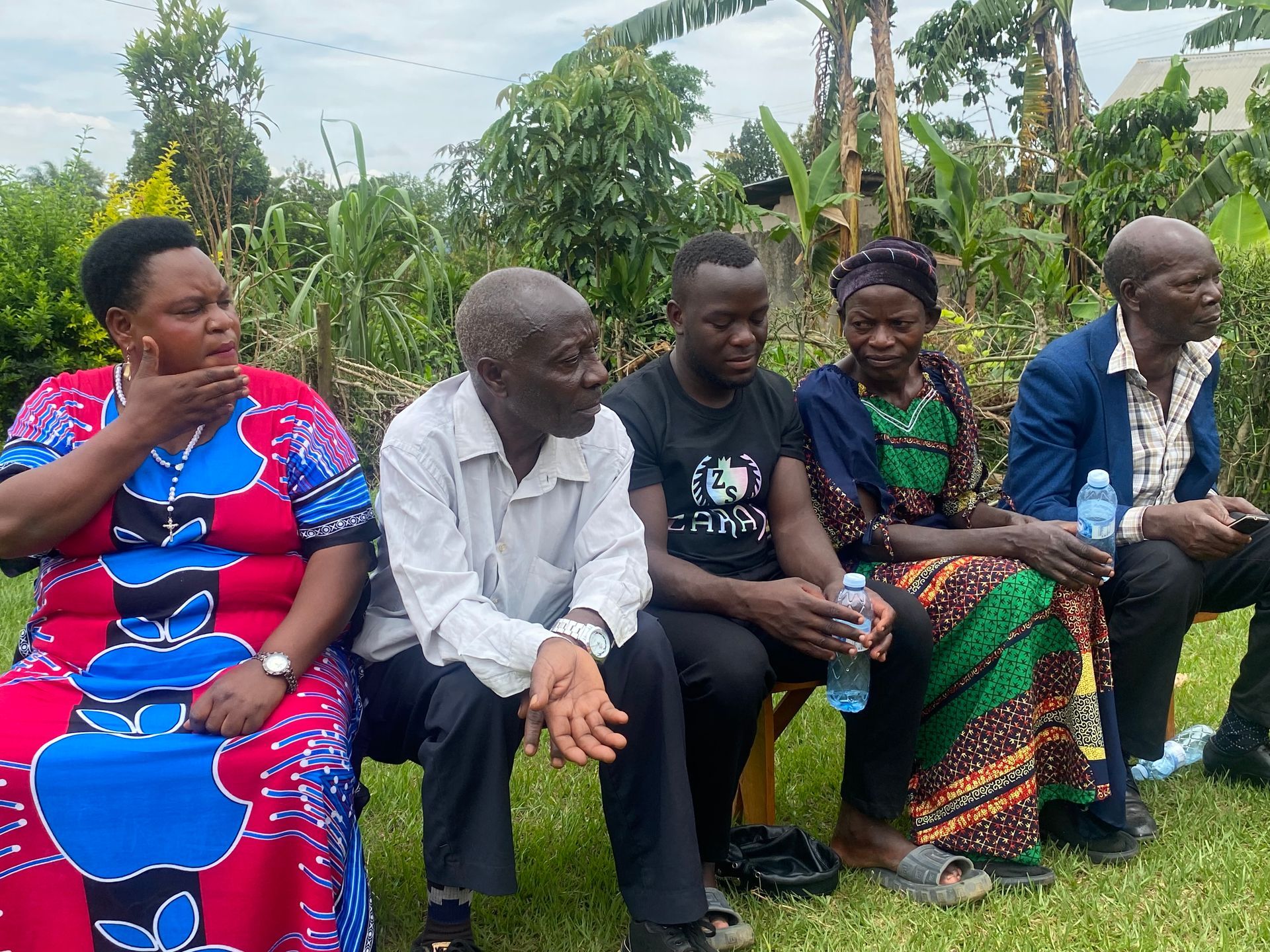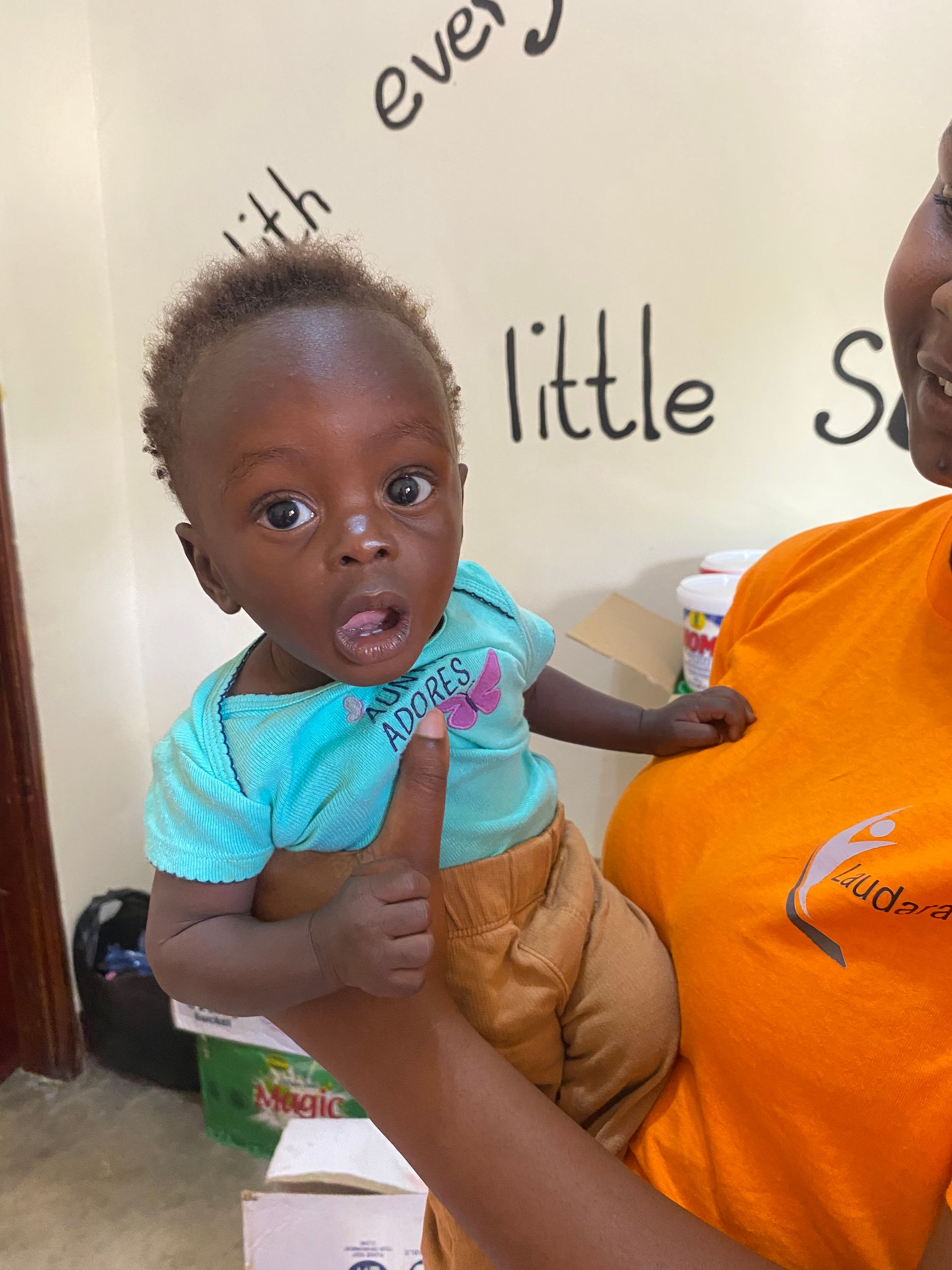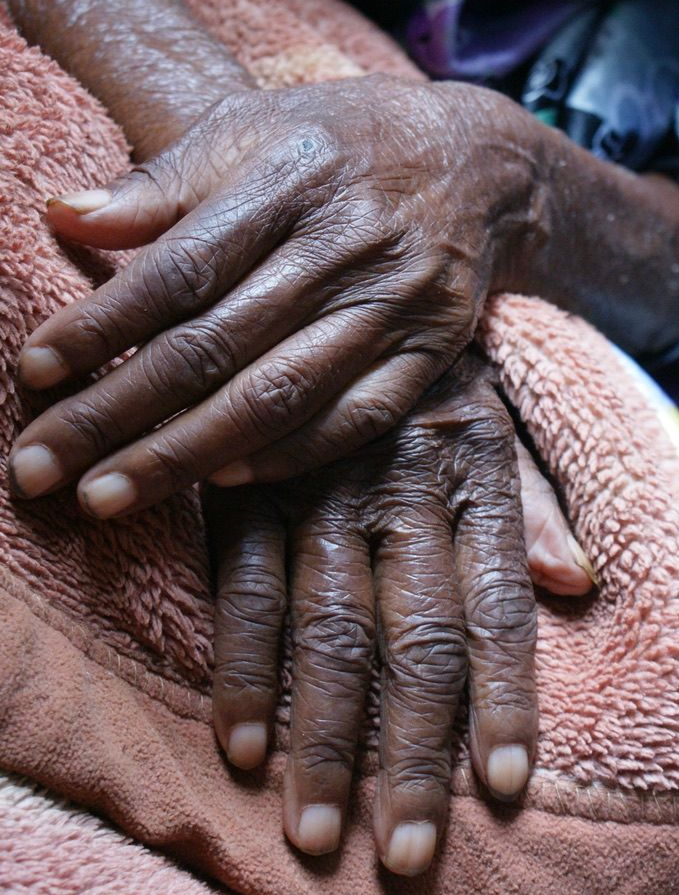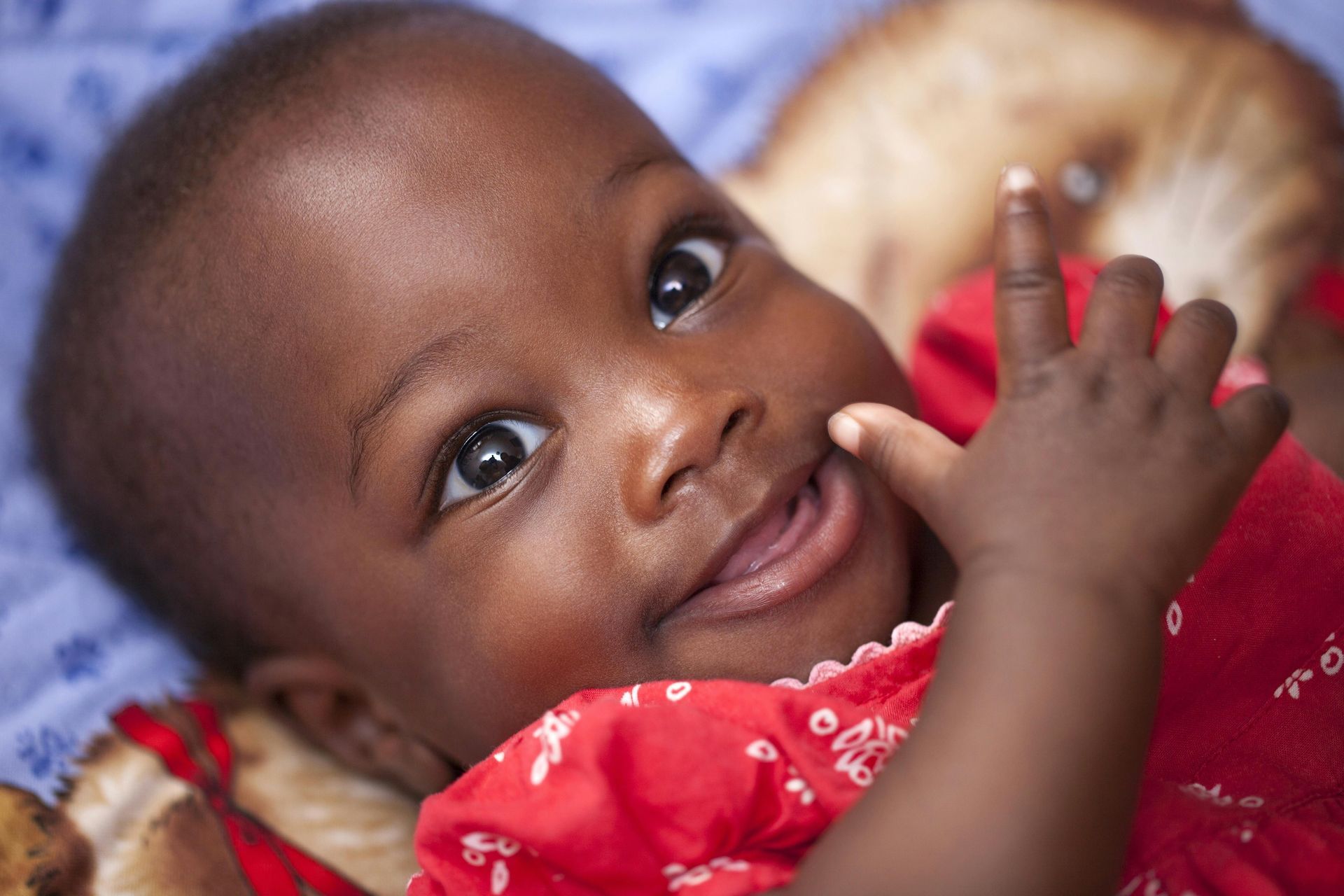The Necessity of Vaccinations
The Mother and Child Centre (MCC) in Ndegeya, Uganda, is providing a service for pregnant women by improving maternal and child health in the communities, where such services are urgently needed. Since its official opening last October, the MCC has safely welcomed 15 newborns into the world, providing not just a place for safe deliveries but also a foundation for healthy beginnings. Each baby born gets a painted balloon on the wall of the Centre with their name to celebrate the arrival of a new little human.
The Laudara Foundation has played a supporting role in the work and growth of the MCC, with a clear focus on health and, above all, prevention. Our mission extends beyond childbirth, encompassing comprehensive postnatal care, health education, and empowering families to make informed choices about their children’s well-being.
One of the most critical aspects of early childhood health is vaccination. Immunising newborns and infants protects them from life-threatening diseases such as tuberculosis, polio, hepatitis B, diphtheria, tetanus, pertussis, Haemophilus influenzae type b (Hib), pneumococcal infections, rotavirus, and measles. In the first 18 months of life, a child should receive a series of vaccines according to the World Health Organization and Uganda’s national immunization schedule. Typically, these include:
- At birth: BCG (tuberculosis), oral polio vaccine (OPV 0), and hepatitis B (where available)
- At 6, 10, and 14 weeks: DTP-HepB-Hib (pentavalent), OPV, pneumococcal conjugate vaccine (PCV), and rotavirus
- At 9 months: Measles and rubella, yellow fever (where available)
- At 18 months: Booster doses for measles and other vaccines as per national guidelines
These vaccines are essential for preventing childhood killer diseases—diseases that can otherwise claim young lives or cause lifelong disabilities.
“We do everything to support the mother during her pregnancy and delivery of her baby, and it will enhance the success of a healthy start in life, if we can assist by providing de necessary vaccinations during the consults.”
Mariam Masembe, midwife at the Mother and Child Centre
The Laudara Foundation is now working with input from Unicef, focusing to raise $5,000 to purchase a solar-compatible cold storage unit for the MCC. This investment will ensure that vaccines remain potent and accessible, even during power cuts. Moreover, the cold storage will serve the entire community clinic, supporting all vaccination efforts and reinforcing the foundation’s commitment to prevention and sustainable health solutions.
“Providing vaccination services at the Mother and Child Centre is not just a convenience—it’s a lifeline. Every child deserves a healthy start, and with on-site vaccination and reliable cold storage, we can protect our youngest community members from preventable diseases right from the beginning,” says Irene, founder and director of the Laudara Foundation.
The journey of the MCC in Ndegeya is a testament to what can be achieved through partnership, vision, and community support. By focusing on prevention and equipping the clinic with the necessary tools, the Laudara Foundation is not only saving lives today but building a healthier, more resilient future for generations to come.



